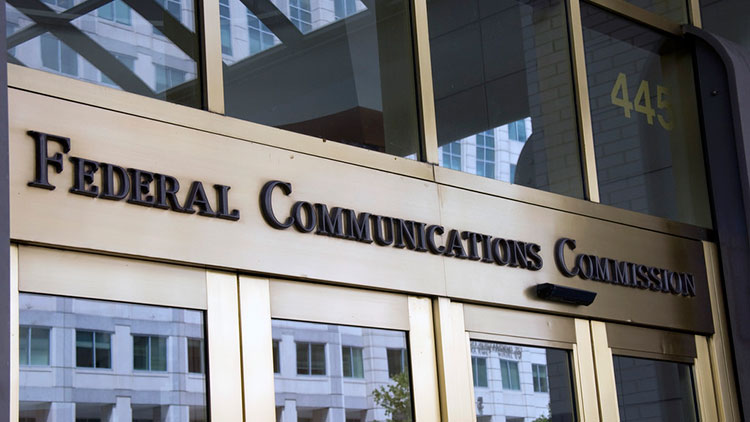Ready, Set...Net Neutrality Challenges Can Begin This Week

The smarter way to stay on top of broadcasting and cable industry. Sign up below
You are now subscribed
Your newsletter sign-up was successful
It's official. Thursday, Feb. 22, will be the red letter day for court and congressional challenges to the FCC's Dec. 14 decision to roll back FCC network neutrality rules and reclassify ISPs out from under Title II common carrier regs.
The FCC Has delivered the final Restoring Internet Freedom order to the Federal Register, which has just signaled it would be publishing that order on Thursday.
Publication of the final text of the decision signals that lawsuits challenging the rule rollback can be filed, and triggers the FCC's determination of the date when the rules go into effect--challenges can begin even before that effective date. That doesn't necessarily mean the rules will go into effect soon. The FCC said in the order that it would not release an effective date until the Office of Management and Budget approves the new reporting requirements of the enhanced transparency rules and that, too, has been published in the Federal Register, which has not happened yet. That reporting requirement is central to enforcement of net neutrality in the absence of bright-line rules, since the Federal Trade Commission and Justice Department will rely on what ISPs say they are doing to decide whether that is unfair or deceptive or anticompetitive.
Related: Sources Say FCC Has Sent Net Neutrality Order to Hill
Publication also triggers a 60-legislative-day deadline for Congress to vote on a Congressional Review Act (CRA) resolution, pushed by Democrats and net neutrality activists, to nullify the decision. That is a long shot bordering on simply a shot across the vow in advance of the legal challenges to come, and a way to keep the issue alive for Democrats who see it as a midterm election issue.
The FCC had already sent copies of the order to House and Senate, but the CRA clock does not start until Register publication, according to Hill and FCC sources.
On Dec. 14, in a politically divided 3-2 vote (On Dec. 14, in a politically divided 3-2 vote, the FCC chairman Ajit Pai-led Republican majority eliminated the rules against blocking, throttling, paid prioritization, as well as the "general conduct standard," which gave the FCC a way to potentially prohibit anticompetitive or discriminatory ISP conduct that was not covered by the rules.
Importantly, it also reclassified ISPs as Title I information services, removing them from the common carrier regulatory bucket and giving chief oversight of ISP conduct to the Federal Trade Commission under its unfair, deceptive and anticompetitive authority.
The item restores the FTC's authority over broadband regulation, and adopts a transparency rule that requires ISPs to let the government and web users know how they are managing their networks and what business practices they are using, which the FTC can enforce if those practices are unfair or deceptive or anticompetitive, and the Justice Department can enforce if they violate antitrust laws.
That means ISPs could block or throttle, though they have promised not to, and engage in paid prioritization, which some ISPs may want to try as a way to differentiate their services.
Related: FCC, FTC Will Collaborate on Monitoring Open Internet
The FCC also asserts the ability to preempt state or local attempts to create their own net neutrality laws or regulations.
The Dec. 14 vote was a long-sought victory for ISPs, who argue that the Democratic-led FCC's 2015 reclassification of internet access as a Title II common-carrier service subject to those bright-line rules was regulatory overreach that depressed investment and innovation to no pro-consumer purchase.
Among net-neutrality activists, who had pulled out all the stops in the last days to try to head off the vote, it was billed as a death blow to the open Internet by a former Verizon lawyer (FCC chair Ajit Pai) in service of the Trump Administration and communications monopolies looking for even more power.
Which side will ultimately prevail is now in the hands of the Congress and the courts, the latter just the latest in a series of trips over the past decade.
The smarter way to stay on top of broadcasting and cable industry. Sign up below
Contributing editor John Eggerton has been an editor and/or writer on media regulation, legislation and policy for over four decades, including covering the FCC, FTC, Congress, the major media trade associations, and the federal courts. In addition to Multichannel News and Broadcasting + Cable, his work has appeared in Radio World, TV Technology, TV Fax, This Week in Consumer Electronics, Variety and the Encyclopedia Britannica.

